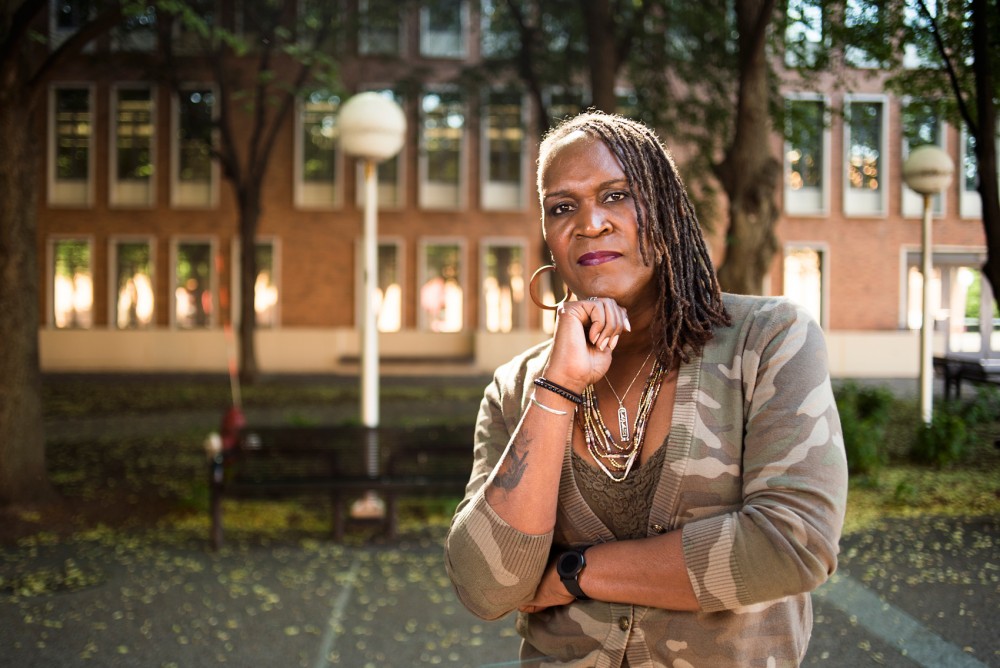Officials have taken steps to cement transgender representation in Minneapolis by formalizing a commission that provides input on city matters — like gender-neutral bathrooms.
Late last month, City Council members voted to solidify the Minneapolis Transgender Issues Work Group as a city commission. The group includes representatives from multiple city departments and a local LGBTQ rights organization, OutFront Minnesota.
The effort was meant to ensure the group’s input regardless of future city leadership.
Both those in the work group and Ward 8 Council member Elizabeth Glidden said they were satisfied by the city’s support of the transgender community.
Glidden said the commission meets once a month or once every few months.
Andrea Jenkins, a work group member and historian for the University of Minnesota’s Transgender Oral History Project, said the move will ensure the group remains even if the makeup of the City Council changes in the future.
“The way politics works is people get elected, but there’s no guarantee that they’re going to be there forever,” Jenkins said. “And so, when
administrations change … priorities and issues can change.”
The group was founded in 2014, said group member and OutFront Minnesota Legal Director Phil Duran, adding that Jenkins and Glidden led the push.
Duran said the group has subcommittees for issues like police relations and employment.
“I’m on a work group that is looking at restroom policy and how to kind of address some of the concerns around restrooms and similar questions within the city of Minneapolis,” he said.
Restroom policy has been a focus since the group started, and now members want to bring more gender-neutral restrooms to city facilities. Duran said the city should start with its own buildings, like City Hall.
Glidden, who’s chaired some of the group’s meetings, said implementation of the bathrooms has yet to be determined.
“We’re waiting for some feedback back from our property services division on that,” she said.
This year, Glidden said the commission wants to prioritize the issue of employment discrimination, which faces many transgender people.
“We are actually … finishing putting together a work plan that has community priorities for what are some of the first steps that we should … take on this issue,” she said.
Duran said he thinks it’s important to have a city group like this one to advocate for the transgender community.
“This is an issue that … is really front and center right now and on a lot of people’s consciousness,” he said. “And [to] the extent that Minneapolis can demonstrate its own leadership, I think that’s … terrific to the city of Minneapolis.”
In the future, Duran said he hopes the group can work to bridge the gap between the transgender community and law enforcement.
“I think probably one of the key areas … where the city can really have an impact is in promoting a very healthy dialogue between the trans community and law enforcement,” he said. “There’s often been a lot of mistrust and fear.”
Last year, the group’s Transgender Equity Summit focused on police relationships with the transgender community, and Jenkins said the commission is now preparing for its third annual summit in September.








